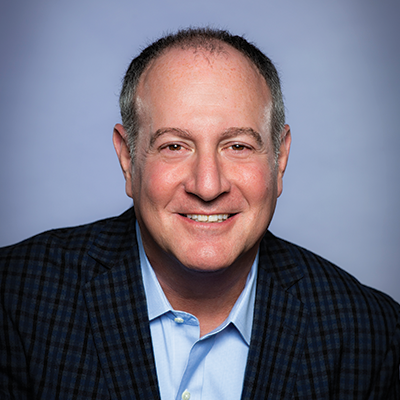I was asked to write a few words about Robert Cord, and it is my honor to do so. I had the privilege of knowing Robert (“Bob”) Cord on several levels: first as my professor for his Constitutional Law class and his Law Personal Morality class in 1987 and 1988; then as his law clerk after graduating from Northeastern and again my first summer after law school; and for the years thereafter, as his friend.
Bob was a respected scholar, known for his books Separation of Church and State (1982), and Protest, Dissent and The Supreme Court (1971), the second book which particularly resonated with me when I read it as a college student (I still have both of those books). While he was quite famous as an expert on the Establishment Clause and the Separation of Church and State, his true love was teaching. He often shared with me that beyond the accolades for his writing and expertise (including being cited by Justice William Rehnquist in his dissent in Wallace v. Jaffree (1985), as well as being cited in numerous law review articles, congressional hearings, etc.), his proudest recognition was receiving Northeastern’s Excellence in Teaching Award in 1990 after being nominated by his students.
Bob was known as a very tough professor, and for anyone thinking about law school, his Constitutional Law class was a must. To be a student in Bob’s Constitutional Law class was to immediately experience the famous Socratic teaching style used in law school. To be in that particular class, you had to first sign a pledge to have no more than a few unexcused absences or he would give you a failing grade, then you had to agree to expose yourself to his Socratic teaching style. Once, after he picked me to do a case summary in class and questioned me for what seemed like an eternity, he commented that I seemed to be enjoying the Socratic interaction too much, to which I responded that I did in fact find the experience enjoyable. My fellow students chuckled, and his response, with a smirk, was, “Mr. Nathanson, you are truly ruining the sadist/masochistic relationship I strive to have.” I took that as a compliment, and I credit Bob as one of the main reasons I went on to law school and became an attorney.
When I got accepted to law school, I immediately went to share the news with him at his office. He closed his door, reached into the bottom drawer of his desk, and took out a bottle of 15-year-old Macallan scotch. At that point in my college career, I knew nothing about what good scotch was, let alone that you sipped it. (My college experience to that point had been indulging in beer and shots of liquor). So after he toasted my law school acceptance, I sucked back the glass. His eyes went wide, and he asked me what I was doing? I explained I thought you drank scotch like that, to which he responded a bit annoyed, “No, you sip it so you can enjoy it—so you’ll have to have another glass the correct way.” Several glasses later, I was hooked on good scotch thanks to Bob.
Working as a law clerk for Bob while he wrote several law review articles meant spending hours upon hours in the archives at the Boston Public Library and Harvard University. There I researched journals and letters written by Thomas Jefferson and John Adams, their views of church state separation, and lengthy conversations about those same writings. But that role and his friendship also exposed me to the tenets that were important to Bob: being ethical, finding ways to give back to your community, keeping your word, working hard. My years of charity work and serving on the Board of the Ethics Committee for the Massachusetts Real Estate Bar Association are directly attributable to Bob’s influence.
It was tough for Bob to retire from teaching due to his medical issues in 1996 but he loved reconnecting with students and kept in close contact with many of them long after they graduated and long after he finished teaching. I consider myself to be one of those lucky individuals.

